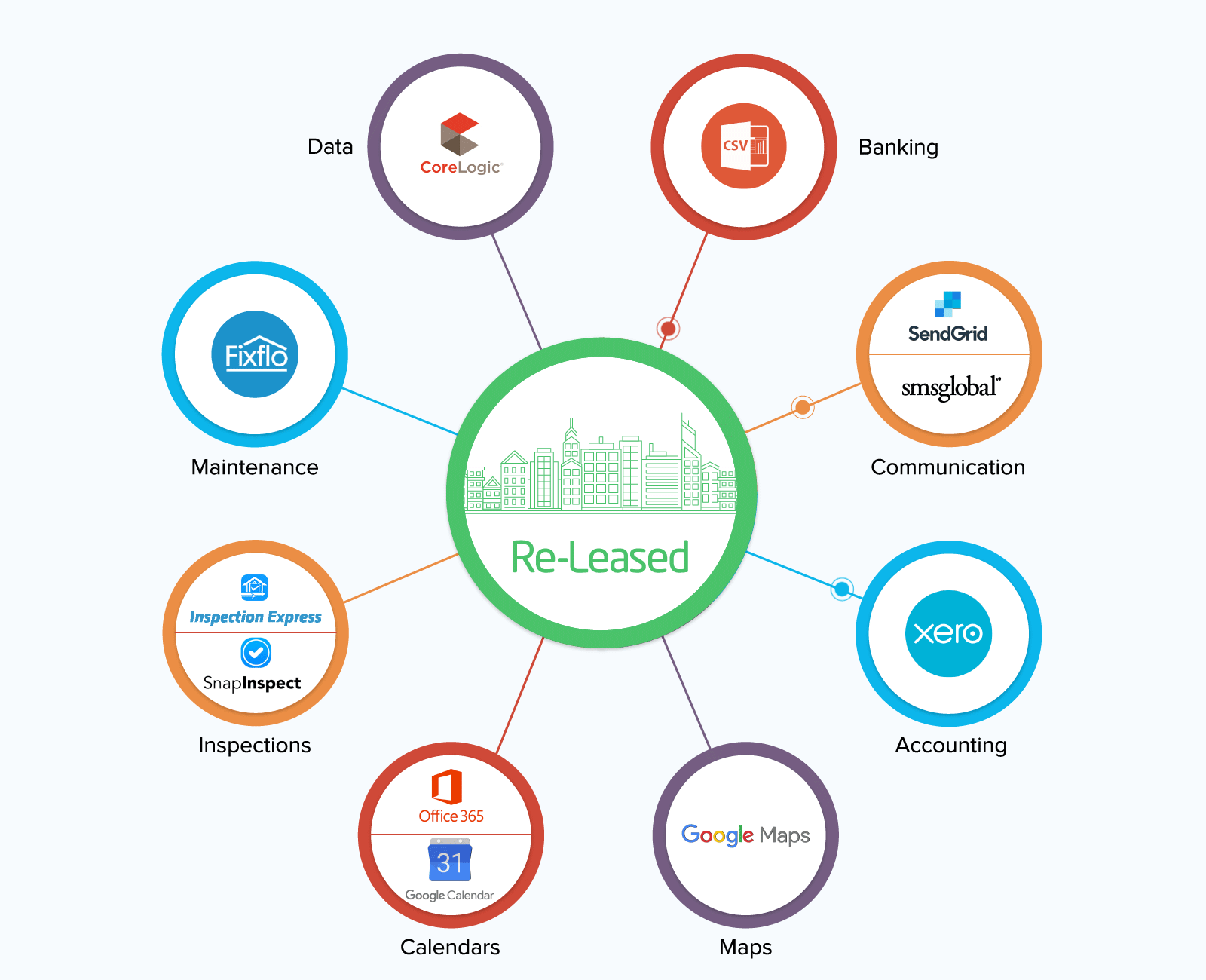
Breaking News & Updates
Xero’s financial report reveals BIG loss but share price pop. - eepurl.com/isNmKQ
The most challenging question we receive when students need to upskill in how to use Xero and MYOB relates to getting work. The question of how our online bookkeeping courses will help students find work can be answered in different ways but the only real answer is that it will give you knowledge and practical skills using Xero and MYOB to do bookkeeping work and this increases your confidence.
Some students ask us if there is a guaranteed job after completing our bookkeeping courses and I am still surprised when I hear that question.
Bookkeeping Interns
The closest thing a bookkeeping course graduate will get after completing any course is an internship with an accounting or bookkeeping business. Some training companies that I have seen offer internships but the bookkeeping courses cost close to $10,000 – in other words you are paying for the ability to work for free for an accounting company.
What a Xero and MYOB course offers you is leverage. The ability to pay a small amount of money to get an advantage that can result in you earning much more money.
When you complete a Xero and MYOB Course combination with EzyLearn you get discounted membership to the Bookkeeping Academy where we create a digital profile to help you get discovered online by potential employers.
Leverage is how people make money in real estate.
What is Leverage?
In property investment leverage is the ability to borrow a large sum of money to buy an asset that you don’t have enough money to buy by yourself. The cost of borrowing that money is the interest that is charged every week or month and this is called the holding cost.
The main benefit of having debt when buying an investment property is that the debt stays constant even if the value of your property increases.
Here’s a scenario:
- You use your own savings of $100,000 to buy a property worth $1M
- You borrow the difference which is $900,000
- Your equity in this transaction is 10% and you are borrowing 90% of the value of that asset
- In 5 years that property is worth $1.5M
- During those 5 years you have been paying the interest to hold onto the asset
- If you have been paying interest only then your debt is still $900,000
- You now have $600,000 equity in that property
- Your equity in that property is now 60% as a percentage
- If you sold that property for $1.5M you have turned $100,000 into $600,000
What I haven’t factored into this scenario is all the other costs associated with property investment, including:
- You need a good job or 2 incomes to get the loan in the first place
- Income rates can increase and property prices can go down
- Rental income from the property usually helps pay the mortgage
- There are transaction costs like stamp duty,
- You’ll need to pay council rates and utilities costs
- You will need to pay agent fees if you use a real estate agent to sell the property
- You’ll need to pay capital gains tax on the profit from your sale
If you’ve followed this blog or completed one of our Xero and MYOB courses you would have come across some case studies around property investment. There are more articles and training content coming that relates to property investment so make sure you subscribe.
-- Did you like what you read? Want to receive these posts via email when they are published? Subscribe below.









